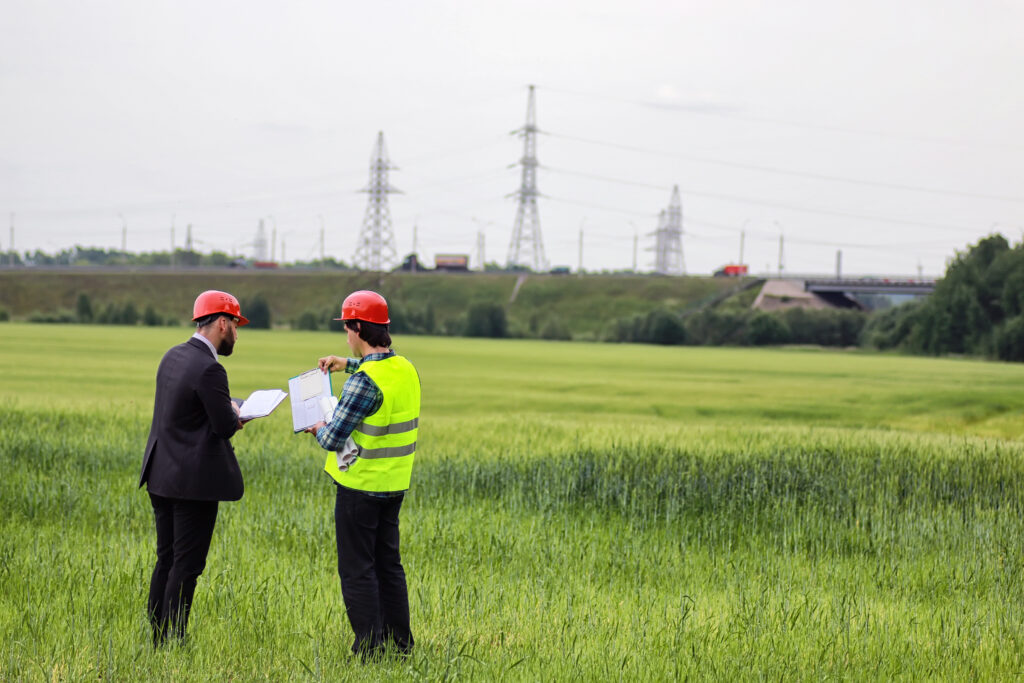We are fast approaching the end of 2022 and the spirit of Christmas is building up as the shops are stocking up on Christmas trees, decorations, gifts, food and wines. While some are excitedly looking forward to meeting and spending time with families, and may be wishing for some snow, some others, especially businesses in the construction industry, are busily rushing to completing on projects before the shut down for Christmas and New Year. If you are a contractor involved in a construction project, snow may not be what you wish for now as construction projects are known to get affected due to bad weather conditions leading to delays in completion and site closures. Contractors may find it difficult finish their projects in the agreed timescales.
Neither would a contractor who takes up the responsibility of finishing the building project, nor an employer who would have subsequent commitments and plans and would want to take up possession of the completed building want to spend Christmas holidays feeling stressed and under pressure. Therefore, typically, parties to a construction contract would include ‘exceptionally adverse weather conditions’ as one of the prescribed relevant events that may potentially allow the contractor to request an extension in the deadline. When the contractor foresees that weather conditions could impact building works or delay completion, they should give notice in connection with any delay foreseen or identified, that could delay the completion of works beyond the agreed date of completion, with such notice including details of the delay and an estimate of the expected delay in completing the works.
It is important that the contractor checks the JCT contract before agreeing to the terms as the employer may choose to amend it to remove any weather-related factors from the prescribed set of events, which means that they may have no or limited recourse to extensions where adverse weather has delayed the project. If the contractor, under the JCT, becomes eligible to give notice of delay and the employer agrees to it, wouldn’t Christmas be even more joyful if the contractor gets paid extra for any costs that they incur due to such delay? Unfortunately, that’s not the case and the contractor would need to absorb any extra costs unless the parties to amend the JCT otherwise.
The lack of clarity of what would amount to ‘exceptionally adverse weather conditions’ in the JCT does not make such situations any easier for parties especially if they end up having a disagreement over a notice of delay owing to poor winter weather. The NEC forms of contract give further details on what would qualify but the JCT contract does not.
It is entirely plausible that the parties to the JCT could end up in disagreement on whether or not an adverse weather condition is exceptional. Like a Santa Claus with solution to every problem, the JCT has collaborated with the UK’s Met Office (national weather service) and have come up with two location-based weather services that can assist contractors in establishing ‘exceptionally adverse weather conditions’.
There are two types of reports:
(i) ‘Planning Average Report’ that the contractor can obtain at the planning stage, containing information and indicators from long-term averages and 1-in-10 year values for each month of the year that the contractor needs to take into account while agreeing the initial date of completion for the works; and
(ii) ‘Downtime Report’ that the contractor can rely on if they foresee disruption to works (after the work commences) due to weather conditions entailing a comparison of the weather conditions in a particular location with the long-term averages and 1-in-10 year values.
On the other hand, if the contractor is in breach of the JCT due to its own default delaying the completion of works, then the employer may potentially have right to remedy for such breach. But if that delay due to breach is then followed by a delay due to bad weather conditions (one of the prescribed relevant events), can the contractor ask for extension of time to complete works? There is a magical solution to this situation as the employer may choose not to extend the completion date and may argue that had it not been for the breach by the contractor, the completion would have taken place before the relevant event causing further delay. So, the contractor may end up with no recourse for the delay in completion except a claim against it by the employer for damages.
It may not be immediately clear to contractors or employers as to whether the contractors would be eligible under the contract to request extension or any compensation for loss or expense. For a contractor and employer currently negotiating to enter into a JCT, it is crucial that both of them understand the terms of the contract and takes into consideration any possible delay due to delay in supply of goods, materials or shortage of staff, or any unforeseen adverse weather conditions before the contract is signed. In readiness of Christmas shutdown, checking the contract now to see what rights the contractor would have in situation of delay of works due to adverse weather would give the contractor time to plan the next course of action and peace of mind while looking forward to a happy Christmas.
If you are a contractor or employer already party to or negotiating to enter into a JCT and would like us to undertake a review and advisory exercise on the terms of the JCT and impacts of those terms for you, please contact our construction team.








